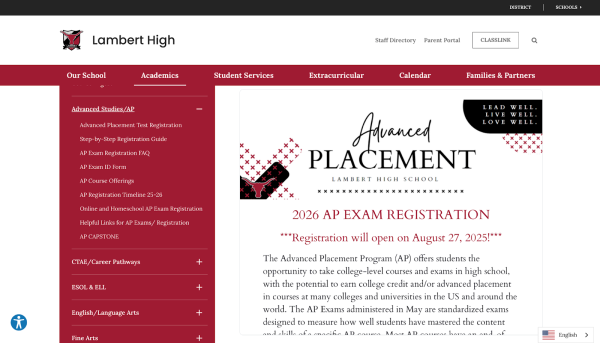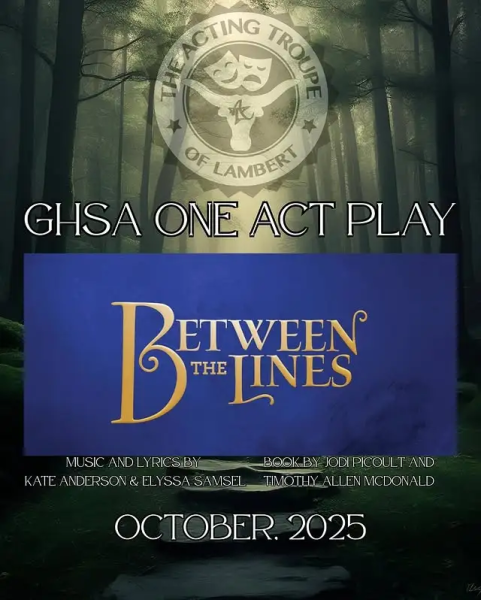Shakespeare: The Most Loved and Hated Writer in History
Everyone has experienced or at least heard of, the works of William Shakespeare during their lifetime, even 403 years after his death. One cannot avoid his profound influence on literature, and many of his plays’ messages still hold up today. However, one cannot deny that a significant amount of his audience dreads having to experience Shakespeare, especially literature students. As widespread and famous as he is, Shakespeare’s work is still underappreciated in today’s society. I aim to give my take on why his plays can appeal and be inspiring to everyone.
Before anything, I think it’s important to say that Shakespeare hate is entirely understandable. Early Modern English can be challenging to dissect at times. Sometimes, the subject matter in the plays can seem downright outlandish or irrelevant. Today’s students would most likely never think to put Shakespeare anywhere near the top in his or her academic priorities. After all, Shakespeare’s works are ultimately frivolous, fictitious distractions that don’t contribute anything to society…right?
Wrong! Shakespeare’s works are the complete opposite, as all of the themes, characters, and stories are still reflective of the core values of today. Whether it’s love and family, like in Romeo and Juliet, loyalty and sacrifice, as shown in Julius Caesar, or revenge and forgiveness, as seen in The Tempest, they speak to us all in profound ways. There is a reason why everybody can relate to at least one of Shakespeare’s characters, no matter how different the surface features may be. Shakespeare’s entire purpose is to dig deep into life’s truths entertainingly.
This brings me to another point in Shakespeare’s brilliance, which is how he crafts his writing with hidden meanings and subtle morals and still make it entertaining. You can have your classic historical epic of the death of Caesar in Julius Caesar, but with it comes a healthy dose of themes like fate vs. free will. Yes, there is some criticism of how the comprehension difficulty in the dated English text makes experiencing the plays a chore. However, the straightforward solution to this would be to get to know the direct “modern-day translations” for common Early Modern English words and train yourself to recognize what is what immediately.
Another obstacle that has gotten in the way of people being able to enjoy Shakespeare is the fact that most are merely reading the plays silently. Although there is nothing terrible about reading plays, Shakespeare’s work was meant to be acted out. The experience of slowly skimming page after page to yourself compared to expressively acting out all of the drama, action, and comedy is a big contrast. These qualities, I think, make studying Shakespeare so much more fun and can hook people into appreciating the man and his talents.
Shakespeare may not have been perfect, but considering the sheer impact, he still has in our schools, lives, and society even after centuries, he is pretty darn close. While many regard him as a master poet and playwright, others still see him as a nonsensical nuisance. It may be understandable that certain people have particular tastes, but this is as true to the roots of humanity as possible. This underappreciation might as well be an underappreciation of literature itself.
Your donation will help support The Lambert Post, Lambert High Schools student-run newspaper! Your contribution will allow us to purchase equipment and cover website hosting costs.











